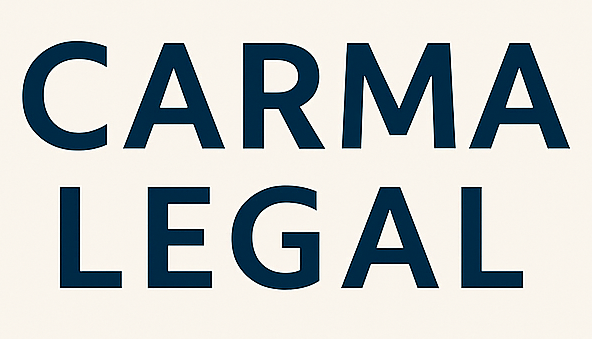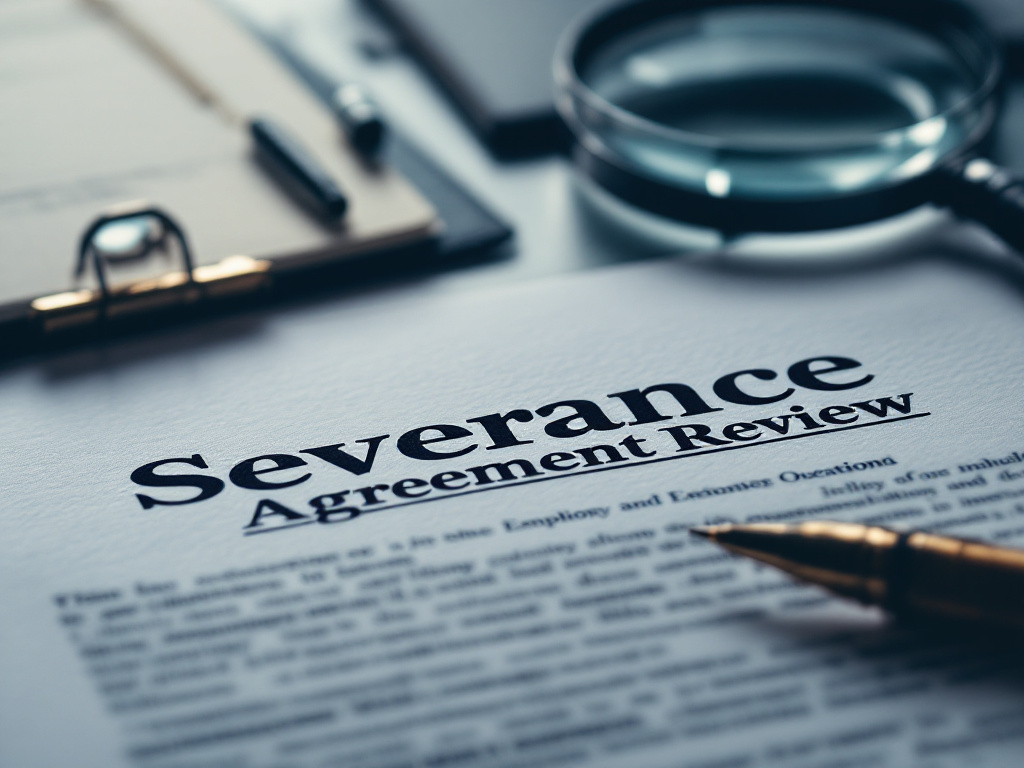Understanding catastrophic injuries
When you or a loved one suffers a life changing injury, the physical, emotional, and financial impacts can be overwhelming. A catastrophic injury often results in long-term disability, extensive medical treatment, and the need for ongoing care. Understanding the unique challenges you face is the first step in securing comprehensive legal advocacy and the compensation necessary to rebuild your life.
Defining life-changing injury
A life changing injury refers to severe harm that dramatically alters daily activities and long-term quality of life. These injuries frequently involve permanent disability, chronic pain, or cognitive impairments, requiring specialized care and adaptive equipment.
Common types of catastrophic injuries
- Traumatic brain injuries, such as concussions or diffuse axonal injury, often require ongoing neurological care [1]. Link to a traumatic brain injury attorney or tbi lawyer.
- Spinal cord damage leading to partial or complete paralysis, necessitating rehabilitation and home modifications. Consult a spinal cord injury lawyer or severe spinal injury attorney.
- Limb loss or amputation, which may involve prosthetic care and physical therapy. Seek advice from an amputation lawyer.
- Severe burns, often requiring skin grafts, reconstruction, and long-term wound care. A burn injury lawyer or severe burn accident attorney can help.
- Permanent disability from workplace accidents or medical malpractice. A permanent disability lawyer can pursue your claim.
Impact on your life and finances
Catastrophic injuries can:
- Impede mobility, communication, or daily self-care
- Require round-the-clock medical supervision or personal assistance
- Create substantial medical bills, rehabilitation expenses, and therapy costs
- Lead to lost income and diminished earning potential
- Cause emotional distress, depression, and anxiety for both you and your family
Assessing your legal needs
Choosing the right attorney ensures you have the support necessary to navigate complex litigation and maximize your recovery.
Evaluating case severity
Begin by assessing the scope of your injuries and potential long-term care requirements. Catastrophic cases often involve multiple specialists, extensive documentation, and expert witnesses. If your situation includes permanent disability or a fatal outcome, you will need counsel experienced in high-stakes litigation.
Finding specialized attorneys
Look for a personal injury lawyer catastrophic injury or a catastrophic injury lawyer who focuses on cases like yours. You may also consider:
- Serious injury lawyer for complex, high-value claims
- Fatal car accident lawyer or fatal workplace accident attorney if the injury resulted in death
- Wrongful death lawyer or wrongful death attorney for families to represent your loved ones
Checking attorney experience
An experienced trial attorney will have a proven track record, substantial verdicts or settlements, and referrals from past clients. Studies show individuals represented by lawyers receive on average 3.5 times more compensation compared to those who handle claims independently [2]. Evaluate case results, years in practice, and the firm’s reputation for personalized attention.
Gathering necessary documentation
Thorough documentation is essential for proving liability and quantifying damages in your claim.
Medical and therapy records
- Hospital discharge summaries, surgical reports, and imaging studies
- Rehabilitation and physical therapy progress notes
- Prescriptions, assistive device receipts, and home modification invoices
Evidence of income loss
- Pay stubs, tax returns, and employer statements showing lost wages
- Vocational expert reports estimating future earning capacity
- Documentation of fringe benefits lost, such as health insurance or retirement contributions
Accident reports and witness statements
- Police or incident reports detailing the cause and location of the accident
- Photographs or video evidence showing the scene and injuries
- Depositions or written statements from eyewitnesses and treating professionals
Navigating the claims process
Understanding each stage of your lawsuit helps you stay informed and prepared.
Initial consultation and case evaluation
During your first meeting, you will discuss the facts, review documentation, and learn about potential legal strategies. Many firms, like those at Weitz & Luxenberg, offer free case evaluations and work on a contingency fee basis—you pay only if you recover compensation [3].
Filing the formal claim
Your attorney will draft and file a complaint outlining the negligent party’s duty, breach, causation, and resulting damages. This initiates the litigation process and opens the door for discovery.
Negotiation and settlement talks
Most catastrophic injury claims settle before trial. Your attorney will engage with insurance adjusters and defense counsel to negotiate a fair settlement, leveraging medical evidence and expert opinions to support your demand.
Litigation and trial preparation
If negotiations stall, your case proceeds to trial. Preparation involves:
- Depositions of parties, witnesses, and experts
- Pre-trial motions and hearings
- Trial exhibits, demonstrative aids, and witness preparation
Maximizing compensation outcomes
A skilled attorney ensures you receive both economic and non-economic damages to reflect the full scope of your loss.
Calculating economic damages
- Past and future medical expenses, including surgeries, therapies, and assistive devices
- Lost income and diminished earning capacity
- Costs for home modifications, specialized transportation, and personal care assistance
Calculating non-economic damages
- Pain and suffering, reflecting physical discomfort and emotional distress
- Loss of enjoyment of life and impairment of normal functions
- Loss of consortium for injured individuals or surviving family members (seek a loss of consortium claim attorney)
Proving liability and negligence
Establishing fault requires showing the responsible party breached a duty of care, directly causing your injuries. Your attorney will gather:
- Expert testimonies (medical, vocational, accident reconstruction)
- Documentary evidence (maintenance logs, safety records)
- Eyewitness accounts and deposition transcripts
Supporting your family’s rights
When a catastrophic injury leads to wrongful death, families need compassionate representation to secure justice and financial stability.
Pursuing wrongful death claims
If you lose a loved one, a wrongful death lawyer or wrongful death attorney for families can help you seek:
- Funeral and burial expenses
- Loss of financial support and household services
- Emotional damages for surviving family members
For fatal car crashes, consult a fatal car accident lawyer; for workplace incidents, reach out to a fatal workplace accident attorney.
Claiming survivor benefits
Families may be entitled to death benefits through Social Security, worker’s compensation, or other insurance policies. A survivor benefits claim lawyer or death benefits lawyer can guide you through applications and appeals.
Accessing loss of consortium damages
Spouses and children may file for loss of consortium to compensate for the deprivation of companionship, affection, and support due to injury or death. An attorney specializing in loss of consortium claim attorney can ensure your family’s emotional losses are recognized.
Building a strong attorney partnership
A trusting relationship with your lawyer fosters smooth communication and effective case strategy.
Maintaining clear communication
Stay in regular contact with your attorney, updating them on medical developments or new evidence. Transparency helps in crafting a stronger case and avoids surprises [2].
Understanding fee structures
Most catastrophic injury attorneys work on contingency, advancing case costs and collecting a percentage of your recovery. Confirm that there are no hidden fees, and discuss how expenses for experts or court filings will be handled.
Setting realistic expectations
Your attorney will explain the average timeline for settlement or verdict, potential award ranges, and factors that may affect case value. Clear expectations reduce anxiety and empower you to make informed decisions.
Taking proactive next steps
Being prepared can expedite your claim and improve outcomes.
Preparing for your first meeting
- Gather all medical records, bills, and pay stubs
- Compile eyewitness contact information and accident reports
- List questions about the attorney’s experience, fee structure, and case strategy
Staying informed about progress
- Request regular updates on settlement offers, discovery schedules, and court dates
- Ask for explanations of technical legal terms or procedural developments
- Ensure you understand each decision point before moving forward
Conclusion
Navigating a catastrophic injury claim demands expertise, vigilance, and compassion. By partnering with an attorney who specializes in serious injuries and wrongful death, you position yourself to secure the full compensation you deserve for medical care, lost income, and emotional recovery. Take the first step today—schedule a consultation, prepare your documentation, and move forward with confidence in your legal advocacy.








